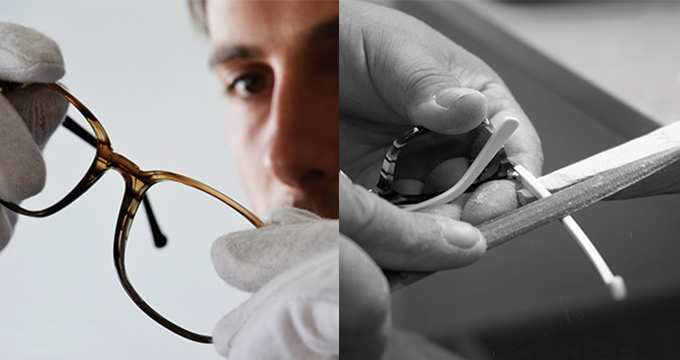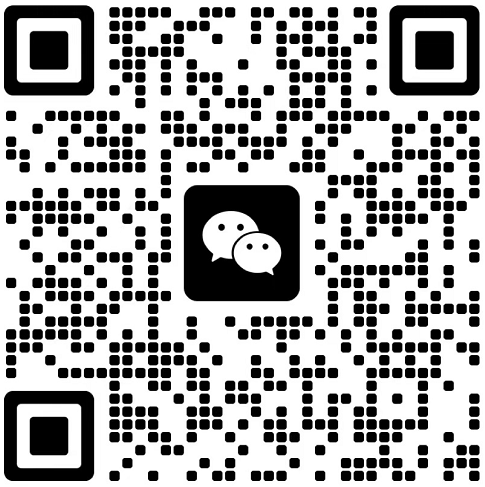1) Standard Scope & Core Tests
Consumer sunglasses must block harmful UV, maintain appropriate visible light transmittance for the intended use, and meet optical quality requirements. In the U.S., finished lenses must also pass FDA impact resistance.
EN ISO 12312-1 (EU)
Defines filter categories (0–4), UV & visible transmittance limits, optical power and prismatic tolerances, scattered light, polarization efficiency (if claimed), and basic robustness.
ANSI Z80.3 (USA)
Consensus standard for non-prescription sunglasses: transmittance, prism/power tolerances, polarization performance (if claimed), and traffic signal recognition.
21 CFR 801.410 (FDA)
Requires impact-resistant finished lenses. Common method is the drop-ball test (5/8″ steel ball from 50″) with documented sampling and records.
Typical Lab Matrix
| Item | EU (EN ISO 12312-1) | US (ANSI Z80.3 / FDA) |
|---|---|---|
| UV Transmittance | Blocks UVA/UVB per filter category; limits for solar & driving | Meets ANSI limits; support any “UV400” claim |
| Visible Transmittance | Category 0–4 ranges; Category 4 not for driving | Transmittance & traffic signal recognition per ANSI |
| Optical Power / Prism | Tolerances for spherical/cylindrical power & prismatic imbalance | Comparable tolerances under ANSI |
| Polarization (if claimed) | Efficiency & axis alignment per ISO | Polarization performance per ANSI |
| Scattered Light & Uniformity | Limits to haze / non-uniformity | Surface quality checks |
| Robustness / Strength | Basic robustness of lenses & mount | FDA impact resistance (drop-ball) on finished lenses |
2) Labeling, Certificates & Documentation
EU — CE & Information
- CE Mark on product or packaging (legible, indelible, visible).
- Manufacturer name & postal address (+ EU importer if applicable).
- Filter Category (0–4). Include warning: “Category 4: Not for driving or road use.”
- Instructions for Use (care/cleaning, limitations, warnings).
- Declaration/Certificate of Conformity referencing EN ISO 12312-1.
- Model ID / batch traceability; artwork aligned with test results.
USA — ANSI & FDA Records
- Manufacturer/Distributor name & address on retail box.
- Claims (e.g., “UV400”, “Polarized”) must be supported by data.
- Warnings: not for direct sun/solar eclipse; very dark lenses may be unsuitable for driving.
- FDA impact resistance sampling plan & results on file.
Documentation Pack (Keep on File)
- Test reports for EN ISO 12312-1 and/or ANSI Z80.3
- FDA 21 CFR 801.410 impact-resistance records & sampling plan
- Drawings, BoM, lens material & coatings, polarization proof (if claimed)
- Artwork proofs: labeling, CE mark, IFU, warnings
- Supplier declarations & Certificates
3) Common Failure Points (And How to Avoid Them)
UV & Category Mismatch
Packaging claims “Cat.3” but testing shows “Cat.2”. Align artwork to the actual report before print.
Fix LabelingDriving Warnings Missing
Very dark lenses (Cat.4) or certain tints lack the required “not for driving” warnings.
Add WarningsUnsubstantiated “Polarized”
Claim without axis/efficiency data or proof in the tech file.
Add Polarization ProofFDA Impact Test Gaps
No documented lot sampling or finished-lens drop-ball results.
Review eCFR 801.410Optical Power / Prism Out-of-Spec
High-base or large lenses drift after mounting; verify on finished goods.
See Pre-Check4) JINGS Internal Pre-Check Workflow
- Spec Intake: Confirm model ID, lens material/coatings, tint target, polarization, driving suitability.
- Document Review: Drawings, BoM, artwork drafts (IFU, CE mark, warnings), past reports.
- Quick UV Scan: Sample lenses measured to verify UV cut vs. claimed category.
- Optics Screening: Spot-checks for transmittance, power/prism on finished eyewear.
- Impact Pre-Test (USA): Drop-ball on representative finished lenses; define lot sampling.
- Polarization Proof (if any): Axis alignment & efficiency screenshots.
- Artwork Lock: Align labels (Cat., warnings, claims) to measured results; bilingual IFU as needed.
- Pilot Run Audit: Cosmetic AQL, fit/comfort, packaging verification.
- Final Pack: Compile reports, DoC/CoC, and records for buyer & authorities.
5) Download: Production & Labeling Checklist
Use this checklist to walk through UV/optics, artwork, impact testing, and file completeness before shipment.

Authoritative Resources
These links provide official or consensus guidance. Always confirm the most current edition.







 Network Supported
Network Supported